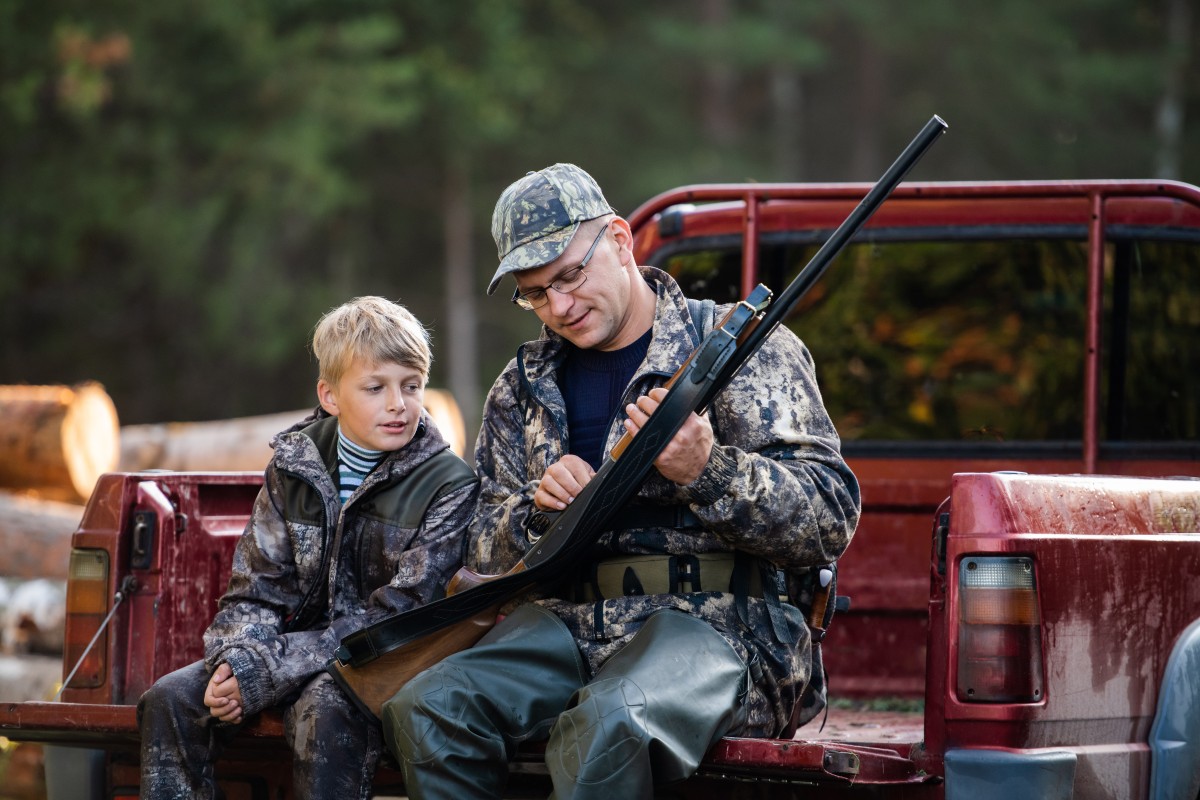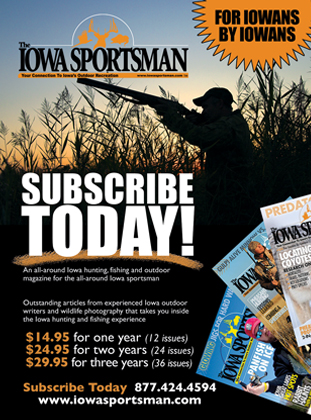Safety Reminders for Iowa Hunting Season

Safety Reminders for a Responsible Iowa Hunting Season
Deer hunting is one of the most exciting and rewarding traditions in Iowa, but it also comes with serious responsibilities. Every year, thousands of hunters venture out to pursue whitetails, waterfowl, pheasants, predators, and all sorts of small game too. While success often depends on preparation, knowledge, and patience, safety should always be the number one priority. A safe hunter is not only protecting themselves but also their hunting partners, landowners, and the integrity of the sport. Safety should be ingrained in each one of us, but it is never something to get relaxed or lazy with, keep safety first and foremost in your mind as you enjoy the seasons.
Shooting Safety
One of the most fundamental principles of firearm safety is keeping the muzzle pointed in a safe direction at all times. This simple rule may seem obvious, but accidents can happen when hunters get careless, especially in the heat of the moment. Always be conscious of where your firearm is aimed, whether you are in a tree stand, blind, or walking to your stand. Avoid pointing your gun at anything you do not intend to shoot.
Equally important is being absolutely certain of your target before taking a shot. Deer can move quickly through timber, and it is crucial to positively identify your target, and what lies beyond it. Never take a shot at a silhouette or movement alone. Bullets and arrows can travel long distances, and since Iowa has opened up hunting to include rifles, they power and ballistics of these can travel thousands of yards.
Wear Blaze Orange and Mark Your Blinds
Visibility is another key component of safety. Wearing blaze orange is not just a law in Iowa; it’s a lifesaving habit. A bright orange vest, hat, or jacket makes you visible to other hunters. In addition to wearing orange, marking your hunting blinds or treestands with orange is a regulation too.
Hearing Protection
Shooting a rifle or shotgun generates loud noise that can cause permanent hearing damage over time. Wearing hearing protection, such as earmuffs or earplugs, is a simple precaution that ensures you can continue hunting for years to come. Even short-term exposure to gunfire without protection can result in tinnitus or reduced hearing, so don’t skip this essential piece of safety gear. When you shoot a gun from a hard-sided blind, the noise is even more concentrated. It can leave your ears ringing and aid in hearing loss. If you’re able to, take a moment and put your hearing protection on before shooting.
Tree Stand Safety
Every year hunters fall from treestands. Luckily, some are able to escape with minor injuries, but this can and does cause serious injury and death. Most accidents occur while climbing up or down from the stand. Remember when you slip, it often has some momentum. For hunters who use treestands, wearing a safety harness is absolutely critical. Falls from treestands are one of the leading causes of hunting-related injuries, and a harness can prevent a potentially life-threatening accident. Ensure that your harness fits properly, is attached to a strong anchor point, and is used every time you climb. Never rely solely on a ladder or steps to keep you safe.
If you want to be safe from the moment you leave the ground, use a lifeline. A lifeline is a rope that runs from the base of your treestand to the top. It uses a prusic knot that is slack and allows the hunter to move the knot as he or she climbs. If you fall, the prusic knot catches tight and prevents you from hitting the ground. You just clip your harness to the lifeline and climb. Remember to use three points of contact while climbing to prevent falling.
In addition to wearing a harness, managing your gear properly is important. Use a tow rope or haul line to lift guns, packs, and other equipment up to your stand. This prevents you from losing your balance while carrying heavy items and reduces the chance of dropping equipment, which can cause injury or damage.
Safe Gun Handling
Some of us are lucky enough to hunt where we live, or have a cabin where we go and enjoy hunting. For others, we’re transporting guns with us. Transporting firearms safely is another key responsibility. Always keep guns unloaded while moving through parking areas, roads, or private property. When loading and unloading, point the muzzle in a safe direction, and keep your finger off the trigger until you are ready to shoot. Many hunters use gun cases for rifles and shotguns, which provide protection for both the firearm and those around you during transport. Remember that an unloaded, cased gun is much safer to carry to and from your stand.
Ethical Shots
Taking ethical shots is not just about legality, it’s about respect for the animal and the sport. As hunters let’s make sound decisions to take ethical shots, not just to wound and pursue. Only take shots you are confident will result in a clean, humane kill. Avoid shots with heavily obstructed views, or distances beyond your ability to shoot accurately. A poorly placed shot can injure a deer, prolong its suffering, and waste both meat and opportunity. Ethical hunting is the cornerstone of responsible outdoor recreation.
Follow the Law
Following all hunting laws is a non-negotiable aspect of safety and ethics. Ensure you have the correct tags and permits for the species you are hunting, and be familiar with season dates, bag limits, and firearm restrictions. Ignorance is not a defense, so take the time to review Iowa’s hunting regulations each year. Beyond legal compliance, responsible hunters respect private property. In Iowa, it’s not the law to have landowner permission to retrieve game. However, it does go a long way in respect if you ask landowner permission before accessing or retrieving game. This simple act of courtesy maintains trust between hunters and property owners and ensures continued access for future seasons.
Leave No Trace
Finally, practicing good stewardship is part of safe and ethical hunting. Few things make me more mad than seeing a hunter purposely littering. Don’t be that guy. Pack out food wrappers, bottles, packaging, and other debris. Respect the land, the wildlife, and other hunters.
Last Reminders
Safety in deer hunting is about more than just avoiding accidents, it’s about protecting yourself, others, and the integrity of the sport. As mentioned, keep your muzzle pointed in a safe direction, be absolutely sure of your target and what lies beyond it, wear blaze orange and mark your blinds, use hearing protection when shooting. Additonally, always wear a safety harness in treestands, use a tow rope to haul gear and guns safely, safely transport guns,take only ethical, confident shots for humane kills. Be respectful, follow all hunting laws, have the correct tags, and respect private property, this includes packing out your trash.
Deer season is a time of excitement, tradition, and connection with each other and the outdoors. By following these safety reminders, hunters can enjoy the thrill of the hunt while ensuring that they, their fellow hunters, and the wildlife are respected and protected. Staying safe, ethical, and responsible is the mark of a true sportsman, and it ensures that hunting remains a treasured tradition for generations to come.
By Alex Johnson
December 2025
For Cattle and Dairy info links below:

